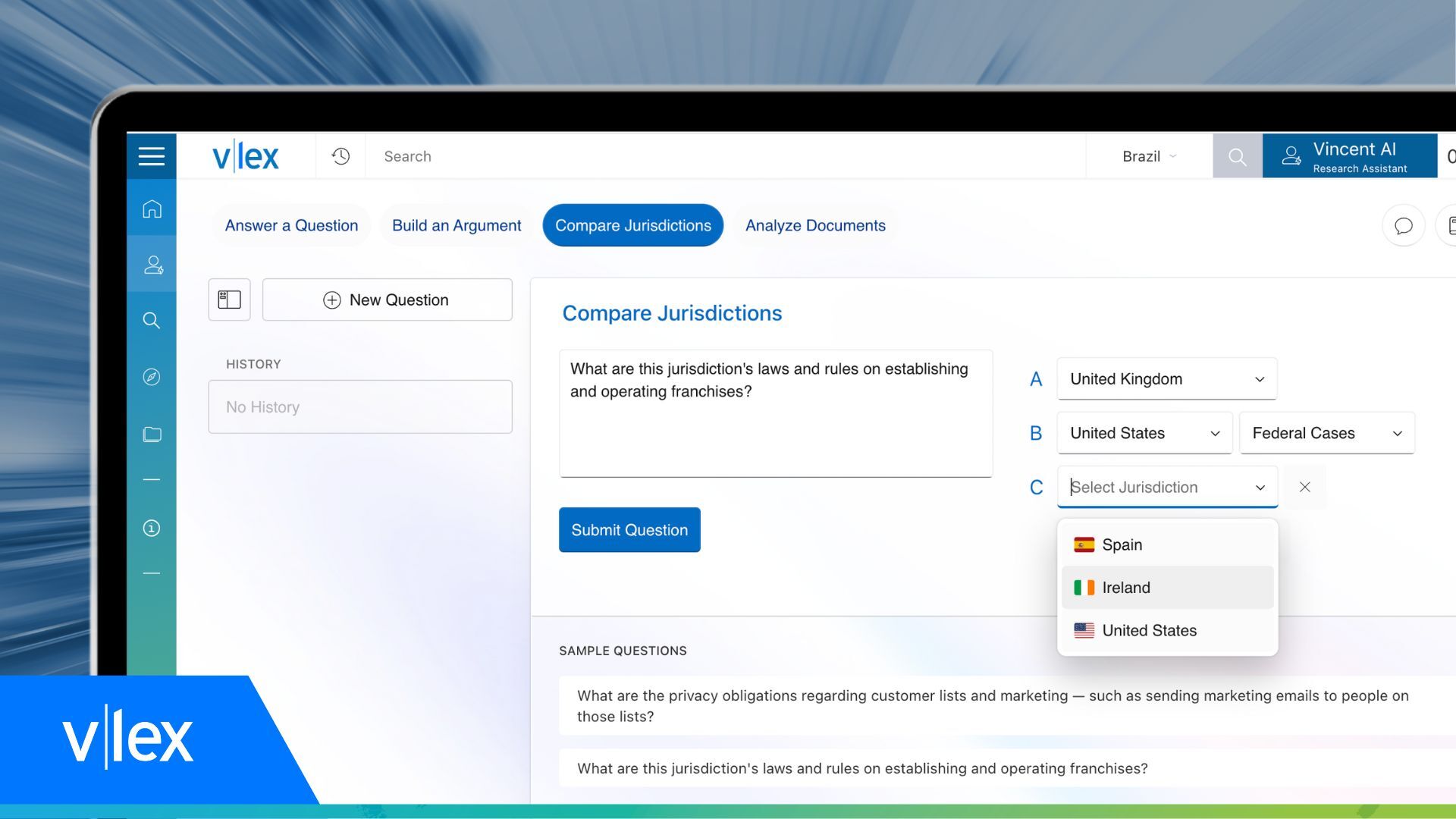Did Posner opinion calling murder conviction 'nonsense' violate precedent? SCOTUS to decide
The U.S. Supreme Court has agreed to decide whether an opinion by Judge Richard Posner overturning an Illinois murder conviction violated clearly established precedent.
The court agreed on Thursday to review Posner’s opinion for the Chicago-based 7th U.S. Circuit Court of Appeals, Courthouse News Service reports. Posner’s March opinion (PDF) said a judge’s conviction of Lawrence Owens in a bench trial was “nonsense” because he based it on evidence that was never introduced. The Chicago Sun-Times covered Posner’s opinion in March.
Owens was convicted of killing a man on his bicycle by striking him on the head with a wooden stick that may have been a baseball bat. Two witnesses identified him as the killer after seeing his photo in a photo array, and then picking him out of a lineup. But at trial, one of the witnesses looking at the photo array identified another person as the killer. That witness has been promised probation on drug charges for his testimony.
There was no physical evidence connecting Owens to the murder and no indication that he had even known the victim, according to Posner’s opinion.
Noting that drugs were found on the victim, the trial judge said the victim was a drug dealer and Owens “wanted to knock him off.” According to Posner, “there was no factual basis of any sort, in the trial record or elsewhere, for the judge’s finding that Owens knew Nelson, let alone knew or cared that he was a drug dealer. The judge made it up.”
According to the cert petition (PDF), no established precedent holds it is unconstitutional for a finder of fact to infer motive when it is not an element of the offense.
Updated at 2:12 p.m. to adjust the wording of the lede.



